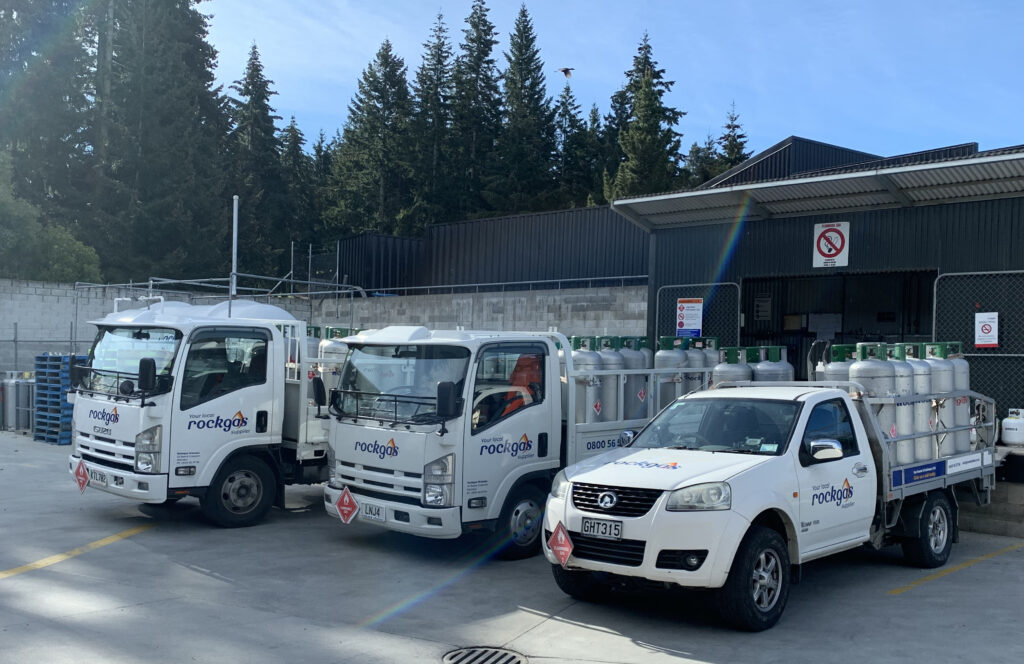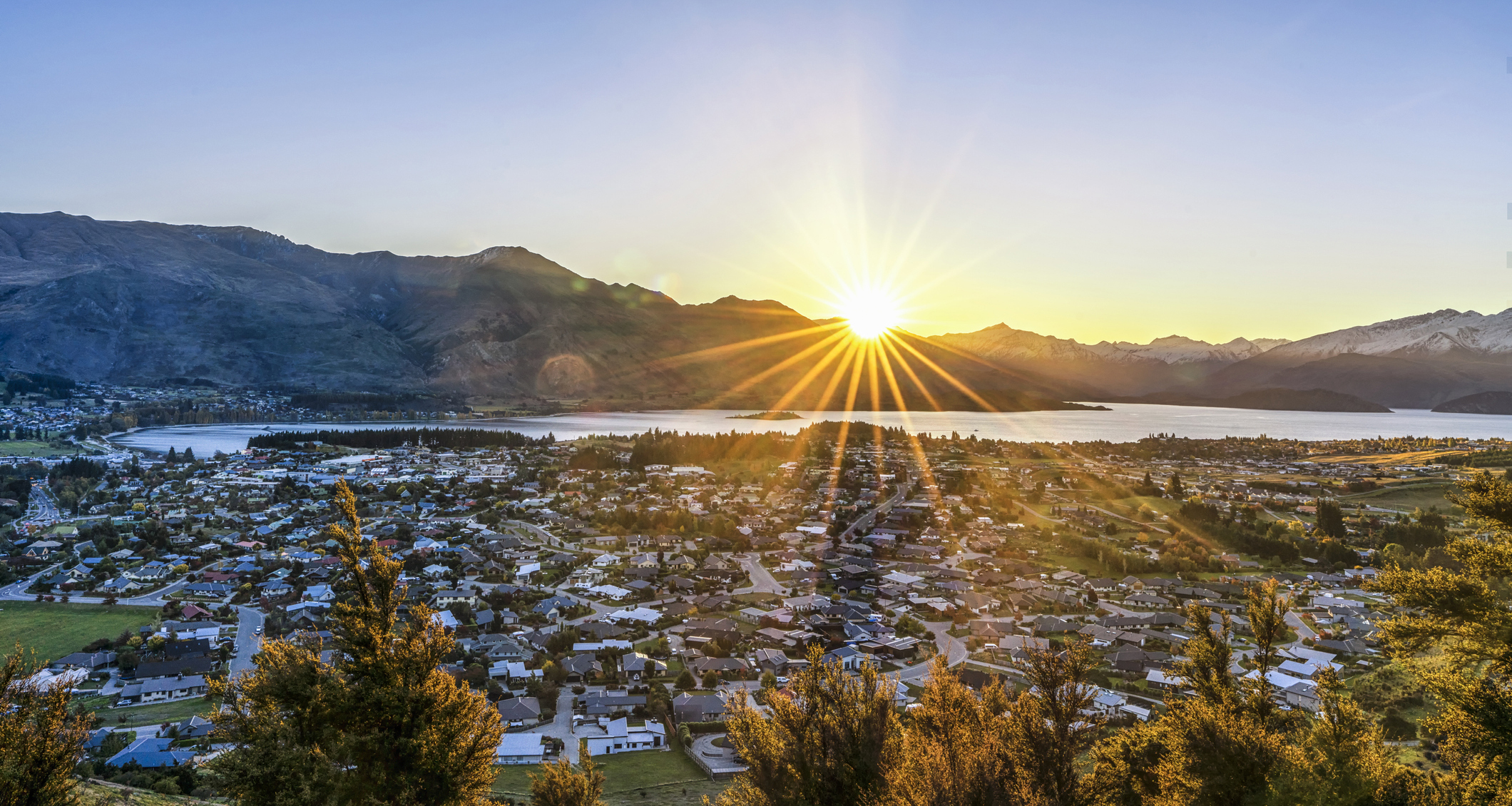Building a sustainable future in Wanaka with LPG
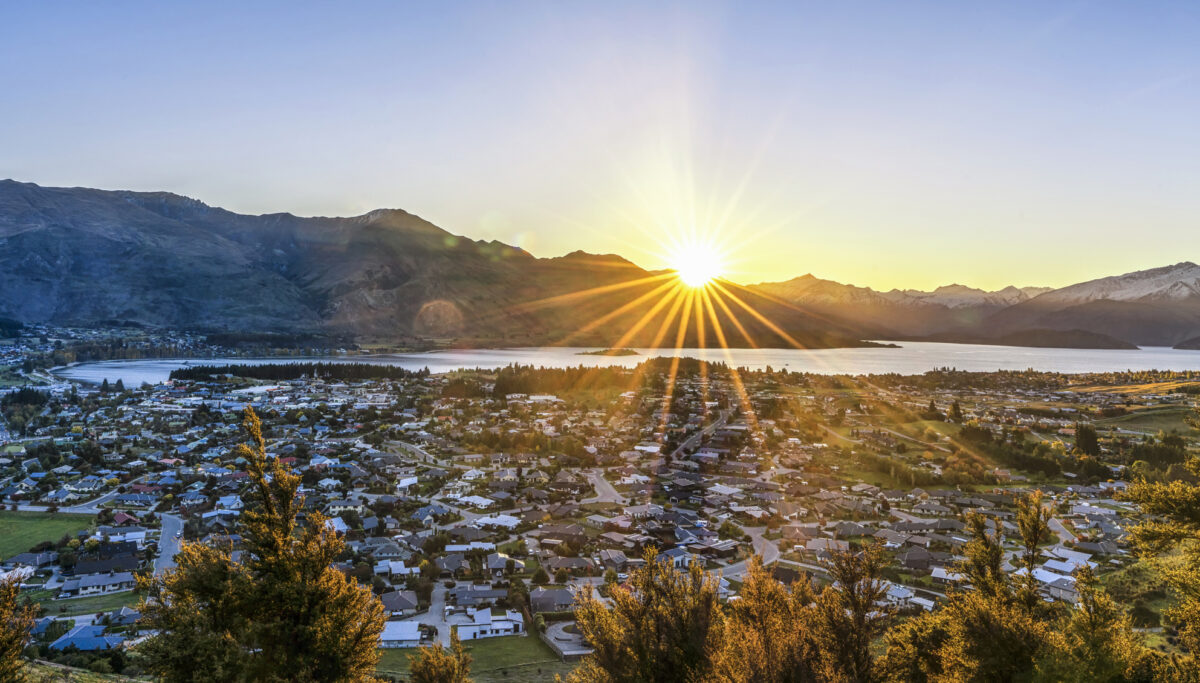
In one of the most naturally beautiful parts of Aotearoa, LPG is fuelling a family legacy, a booming resort town and a sustainable future.
Over the years Rockgas Wanaka franchisee and McIvor Plumbing Wanaka owner operator Stu McIvor Stu has seen a lot of change within the LPG industry. But reckons the biggest and best is yet to come.
“There’s pretty much universal agreement that LPG and bioLPG will be an important part of New Zealand’s transition to a sustainable, carbon neutral future,” says Stu. He goes on to explain that “LPG emits 35 percent less CO2 than coal and 12 percent less than oil.”
“It will take something like 20 Clyde Damn-sized hydro stations to create the renewable energy required to power New Zealand in the future. While we’re building the infrastructure, I think LPG now and bioLPG in the future, is the more sustainable electricity generation alternative.”
New Zealand produces about 180 petajoules of energy from gas annually — and about a third of that is used to generate or co-generate electricity. Modelling undertaken by Gas Industry Co (the industry body that works alongside government to co-regulate gas) predicts that even though consumption will fall, there will still be a place for industrial, commercial, agricultural and residential gas use in a future net zero economy.
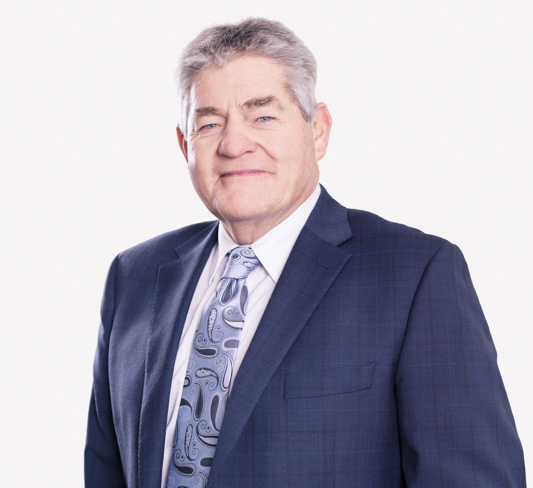
On the eve of his two daughters taking over the family business, Stu is excited about the role sustainable carbon-zero gas solutions will play in the future and also contemplates what has already been achieved.
“I followed in my dad’s and older brother’s footsteps and decided to become a plumber and gasfitter. When I started my apprenticeship in 1970, Dunedin like much of New Zealand, Australia and the UK, was still using town gas – a nasty mixture of hydrogen, methane, and carbon monoxide made from coal.
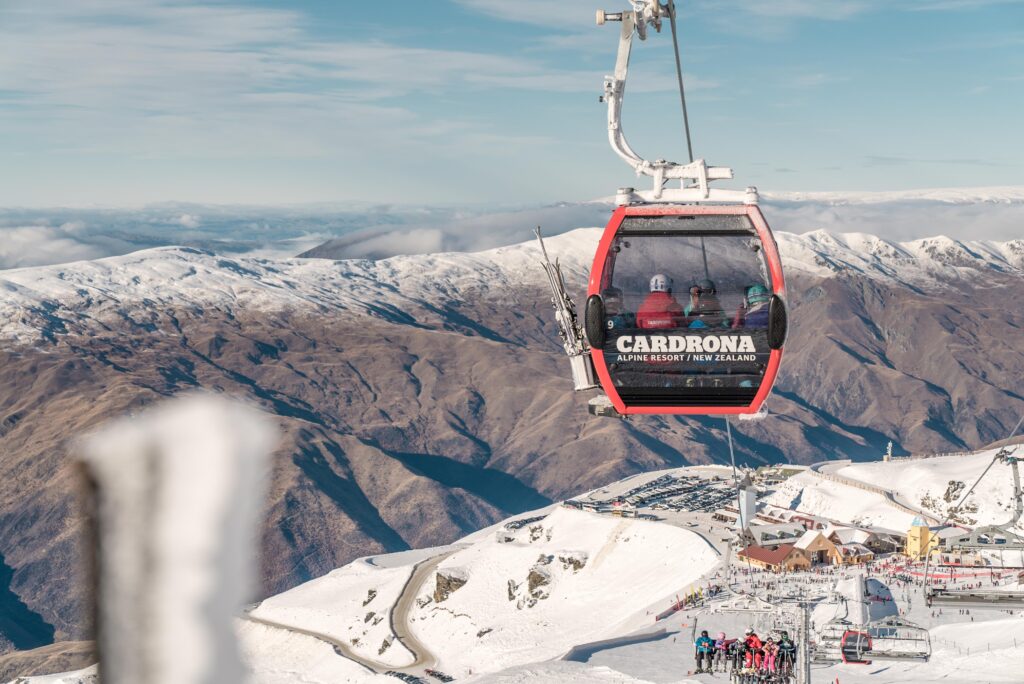
“Fast-forward 50 odd years and New Zealand is poised to become a world leader in sustainable, renewable energy. Fully renewable, net zero-carbon biofuels and clean hydrogen technology are not far away from being part of our everyday lives. One day soon I’ll be BBQing over a hydrogen grill and using electricity generated from the biogas created by decomposing organic material.”
Stu isn’t a stranger to rapid change. When the McIvor family moved to Wanaka at the turn of the millennium, it was a sleepy alpine village of less than 2000 full-time residents. Stu started with a pool of approx. 200 bottles delivering off the back of his trailer. Two- and a-bit decades later, Stu is looking for a larger yard to house the five trucks with a pool of around 8500 cylinders. Wanaka itself has boomed into a resort hotspot.
“For folk in places like Wanaka, gas has another benefit. It’s not just affordable and efficient, it’s bloody reliable. When it’s howling an icy gale or the snow is coming down our customers are grateful they aren’t at the mercy of overhead wires.”
And of course, despite the booming growth in the area, there are still many places – like Cardrona Ski Field and other remote, rural or alpine customers – who rely on Rockgas delivering the fuel they need to power their work, life and play.
Stu says even though the town has a permanent population of more than 12,000, one thing Wanaka hasn’t lost is its village vibe.
We’re a tight knit community that looks out for each other. In a town like this, a customer is never just a name on a delivery docket – they’re someone’s mate or sister, someone’s teacher or mechanic. I chuckle at the number of people who have my drivers wrapped around their fingers – although the amount of home baking that turns up at the depot suggests their extra efforts are well appreciated!”
